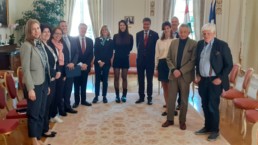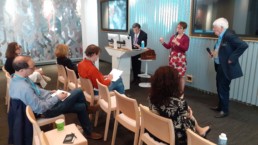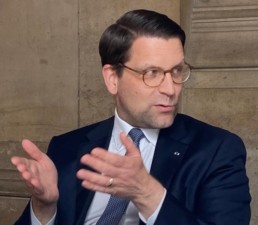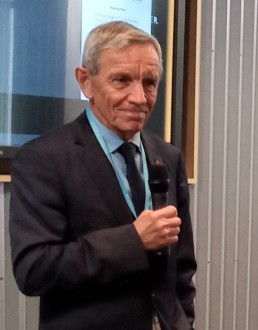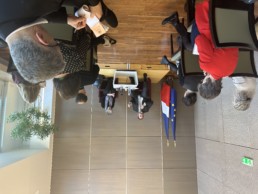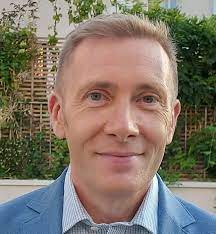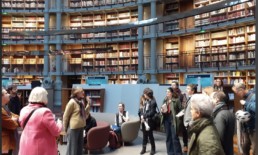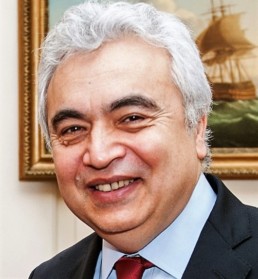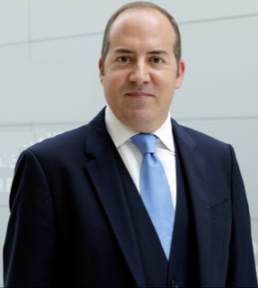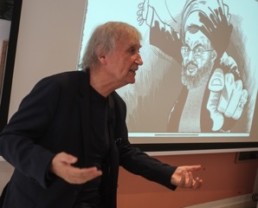AAPA meeting with the Hungarian Ambassador in France, H. E. Georges de Habsburg-Lorraine
The ambassador commented off the record on a number of timely topics, including…
Who will rebuild Ukraine?
In a two-hour, on-the-record meeting at Bloomberg on May 26, France's Odile…
The Paris Opera’s General Director Alexandre Neef talks performances, budgets…and the Chagall ceiling
Paris Opera General Director Alexander Neef has clear ideas about all issues…
General Jean-Paul Palomeros: Will Ukraine have the manpower to win the war?
Ukraine may have the will, but it may not have the men — or the munitions — to…
French health minister François Braun: many health care systems are faltering
French health minister François Braun: many health care systems are faltering…
Discovering a Renovated Parisian Treasure
The newly restored BnF Richelieu is more than a library. It’s a repository --…
Climate Change Targets in Jeopardy, says IEA
The AAPA met with IEA Executive Director Fatih Birol at the organization’s…
OECD Outlook: Bad Times Ahead
“If you think energy prices are bad now, winter will be worse,” Alvaro Pereira,…
The World According to Plantu
Members of the AAPA met with the editorial cartoonist Jean Plantu, whose…
